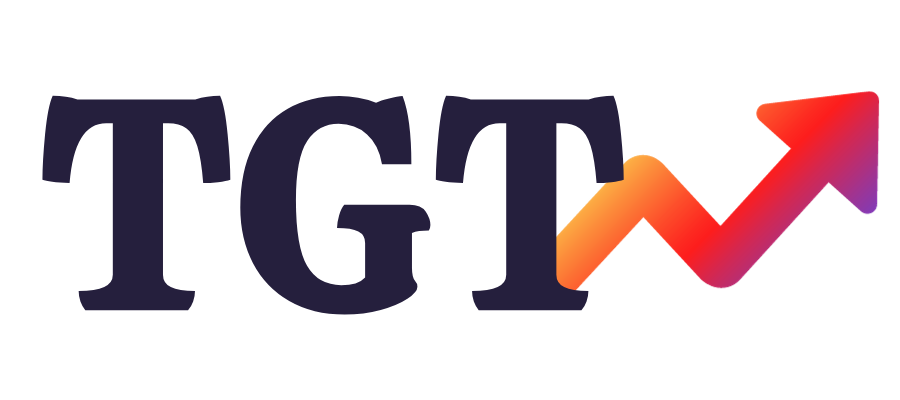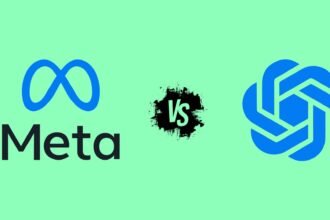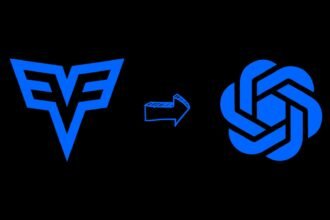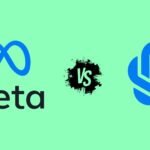In the world of artificial intelligence, new tools like ChatGPT are changing how we use technology. ChatGPT is known for creating text that sounds like a human wrote it, and it’s used for many good reasons.
But now, there’s a new tool called WormGPT. It’s very different from ChatGPT because it’s made for cybercrime, which means it’s used for illegal activities online. This is a big problem because it can cause many ethical and legal issues.
In this blog post, we’re going to look closely at Worm GPT. We’ll compare it to ChatGPT, talk about what it can do, and discuss the risks and problems of using it. We’ll also consider how much it might cost to use this kind of tool.
What is WormGPT
Worm GPT is a generative AI tool based on the GPTJ language model, which was developed in 2021. Unlike conventional AI models designed for ethical and constructive purposes, WormGPT is specifically tailored for malicious activities.
It’s akin to a dark twin of ChatGPT, crafted to assist in cybercrime and black hat activities. WormGPT is designed to facilitate a range of nefarious tasks, including crafting phishing emails, creating malware, and providing guidance on illegal activities. It allows users to engage in malicious activities without the need for extensive technical knowledge or leaving the comfort of their homes.
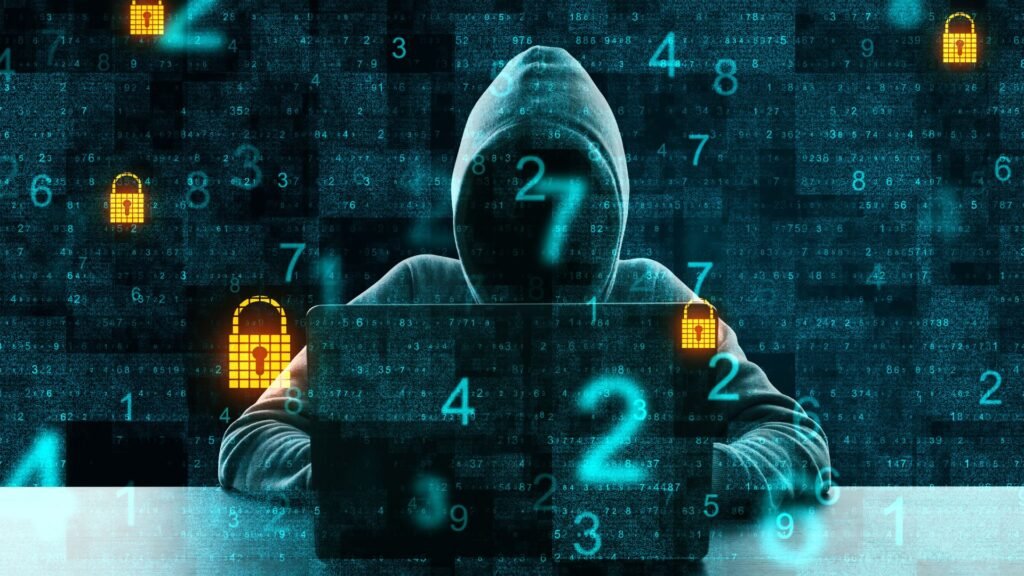
Discovered by SlashNext, an email security provider, Worm GPT was found being advertised on a prominent online forum associated with cybercrime. The tool is sold to cybercriminals and is indicative of the dangerous potential of AI models when ethical boundaries are removed.
Comparison between WormGPT & ChatGPT
1. Ethical Safeguards
ChatGPT, developed by OpenAI, comes with ethical safeguards against misuse. It’s programmed to prevent the production of harmful or inappropriate content.
These safeguards include filters and policies that restrict the generation of content that could be considered unethical, illegal, or harmful. On the other hand, Worm GPT has no such ethical boundaries or limitations. It’s designed to bypass these safeguards and perform tasks that are explicitly malicious.
2. Purpose and Usage
ChatGPT is intended for a wide range of constructive applications, including conversation, education, content creation, and more. It’s used by researchers, businesses, and individuals for various ethical purposes.
WormGPT, conversely, is tailored for cybercrime. It’s a tool for hackers and those with malicious intent, enabling them to carry out sophisticated cyber attacks and illegal activities.
3. Training Data and Focus
While both models are based on large language models and trained on diverse datasets, WormGPT’s training is concentrated specifically on malware-related data and other black hat activities to enhance its capabilities in those areas.
Is Worm GPT Safe to Use
WormGPT is explicitly designed for malicious activities, including crafting phishing emails, creating malware, and advising on illegal activities. Given its intended use for cybercrime:
- Legal and Ethical Risks: Using WormGPT poses significant legal and ethical risks. Engaging in activities facilitated by WormGPT, such as phishing and malware creation, is illegal and unethical. Users could face severe legal consequences, including fines and imprisonment, and ethical repercussions for causing harm to individuals and organizations.
- Safety Concerns: There are no safety measures or ethical boundaries in WormGPT. This means it can produce harmful content without restrictions, making it a dangerous tool. Users might inadvertently expose themselves or others to risks, including cyberattacks, fraud, and other malicious activities.
- Reputation and Trust: Associating with or using tools designed for cybercrime can severely damage an individual’s or organization’s reputation and trustworthiness.
Considering these factors, WormGPT is not safe to use for ethical, legal, and personal safety reasons.
Features and Capabilities of WormGPT
1. Unlimited Character Support: WormGPT can handle extensive conversations or content without character limitations. This feature is particularly useful for crafting long and detailed malicious content or code.
2. Chat Memory Retention: It remembers previous exchanges, allowing for context-aware interactions. This is crucial for maintaining a coherent and convincing dialogue, especially in phishing attempts where context and continuity are key to deceiving the target.
3. Code Formatting Capabilities: Worm GPT can format and generate code, which is particularly useful for creating malware or scripts for hacking. This capability makes it a powerful tool for cybercriminals looking to automate and scale their operations.
4. No Ethical Limits: Unlike ChatGPT, Worm GPT can create any type of content, including harmful, illegal, or unethical material. This lack of ethical constraints significantly broadens the scope of what it can do, making it a versatile tool for various malicious purposes.
5. Training on Diverse Malware-Related Data: Its training on a wide array of data, particularly focusing on malware and other cybercrime-related information, enhances its effectiveness in those domains.
Worm GPT is a malicious counterpart to ChatGPT, designed specifically for cybercrime with features that facilitate the creation of sophisticated and convincing phishing emails, malware, and other illegal activities. Its lack of ethical safeguards and specialized capabilities make it a potent tool for those with nefarious intentions.
How to Use WormGPT Safely
Given that WormGPT is designed for illicit purposes, there is no ethical or legal way to use it safely. The very nature of the tool is grounded in facilitating illegal activities, and any use of it for its intended purposes would be considered unsafe and against the law. Therefore, the only safe approach is not to use WormGPT at all.
For those interested in AI and generative models for ethical purposes, consider using or researching AI tools with built-in safety measures and ethical guidelines, like OpenAI’s ChatGPT.
WormGPT Pricing
The developer of Worm GPT is selling access to the tool for 60 Euros (approximately 67 USD) per month or 550 Euros per year. They also offer a free trial for anyone who wants to test it out.
However, it’s crucial to reiterate that regardless of the price or trial availability, acquiring and using WormGPT for its intended purposes is illegal and unethical.
FAQs: WormGPT
-
What are the risks of using WormGPT?
Using WormGPT poses significant legal and ethical risks, including legal consequences, ethical repercussions, safety concerns, and damage to reputation and trust.
-
What are the capabilities of WormGPT?
WormGPT features include unlimited character support, chat memory retention, code formatting capabilities, no ethical limits, and training on diverse malware-related data.
-
Is there a safe way to use WormGPT?
There is no ethical or legal way to use WormGPT safely, as it is designed for illicit purposes and any use of it would be against the law.
-
What is the pricing for WormGPT?
WormGPT is sold for approximately 60 Euros per month or 550 Euros per year, but using it for its intended purposes is illegal and unethical.
Conclusion
It’s important to understand that using such a tool is not safe and is against the law. Engaging with or supporting platforms designed for malicious purposes contributes to the broader issues of cybercrime and unethical AI use.
For AI applications, always seek out and use tools designed with ethical guidelines and safety measures to ensure a positive impact and legal compliance.
As we conclude, it’s imperative to recognize the importance of steering AI research and development towards beneficial and ethical applications, ensuring that the future of AI remains aligned with the betterment of society. The tale of WormGPT is not just a cautionary one; it’s a call to action for vigilance, ethical standards, and legal frameworks to guide the ever-advancing field of artificial intelligence.
